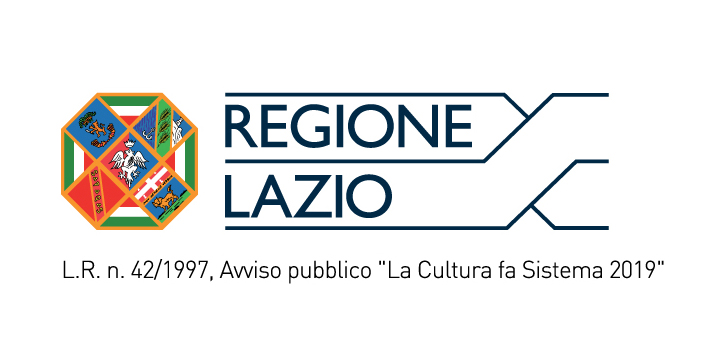This agreement is made effective as of the specified date, bringing together parties who have agreed to certain terms and conditions. However, in order for a collective agreement to be legally enforceable, there are specific requirements that must be met.
In Canada, collective agreements are vital in establishing the rights and obligations of both employers and employees. Likewise, the collective agreement within the justice system plays a crucial role in outlining the terms under which employees work.
One of the key requirements for a collective agreement to be legally enforceable is that it must meet certain criteria determined by law. The agreement should clearly outline the rights, responsibilities, and obligations of both parties, ensuring fairness and mutual understanding.
Moreover, for a contract to be legal and binding, it must comply with contract law principles. This includes the presence of consideration, which refers to something of value being exchanged between the parties involved. This ensures that each party receives some form of benefit or advantage from the agreement.
In addition to meeting legal requirements, it is essential for parties to have a clear understanding of their rights and obligations. Renowned author and speaker, Joel Osteen, emphasizes the power of agreement in his teachings, highlighting the importance of aligning our thoughts and intentions to achieve desired outcomes. This notion of agreement extends beyond legal contexts and can be applied to different aspects of life.
For example, when it comes to the sale of land, a land contract is often used. This type of agreement facilitates the purchase of land by outlining the terms and conditions of the sale, providing both parties with legal protection.
Similarly, tenancy agreements, such as the short assured tenancy agreement in England, must meet specific legal requirements to ensure the rights and responsibilities of both landlords and tenants are clearly defined.
In certain situations, parties may need to seek technical assistance to ensure their agreements are legally sound. A technical assistance agreement can provide the necessary expertise and guidance, ensuring all legal aspects are addressed accurately.
Furthermore, in some cases, parties may require additional terms and conditions to be added to their existing agreements. An addendum to a lease agreement in South Africa, for instance, allows for changes or additions to be made to the original lease agreement without nullifying the entire contract.
Ultimately, understanding the requirements for a legally enforceable agreement is crucial for ensuring the rights and obligations of all parties involved. By meeting these requirements, parties can establish a solid foundation that safeguards their interests and promotes fairness and transparency in their agreements.


